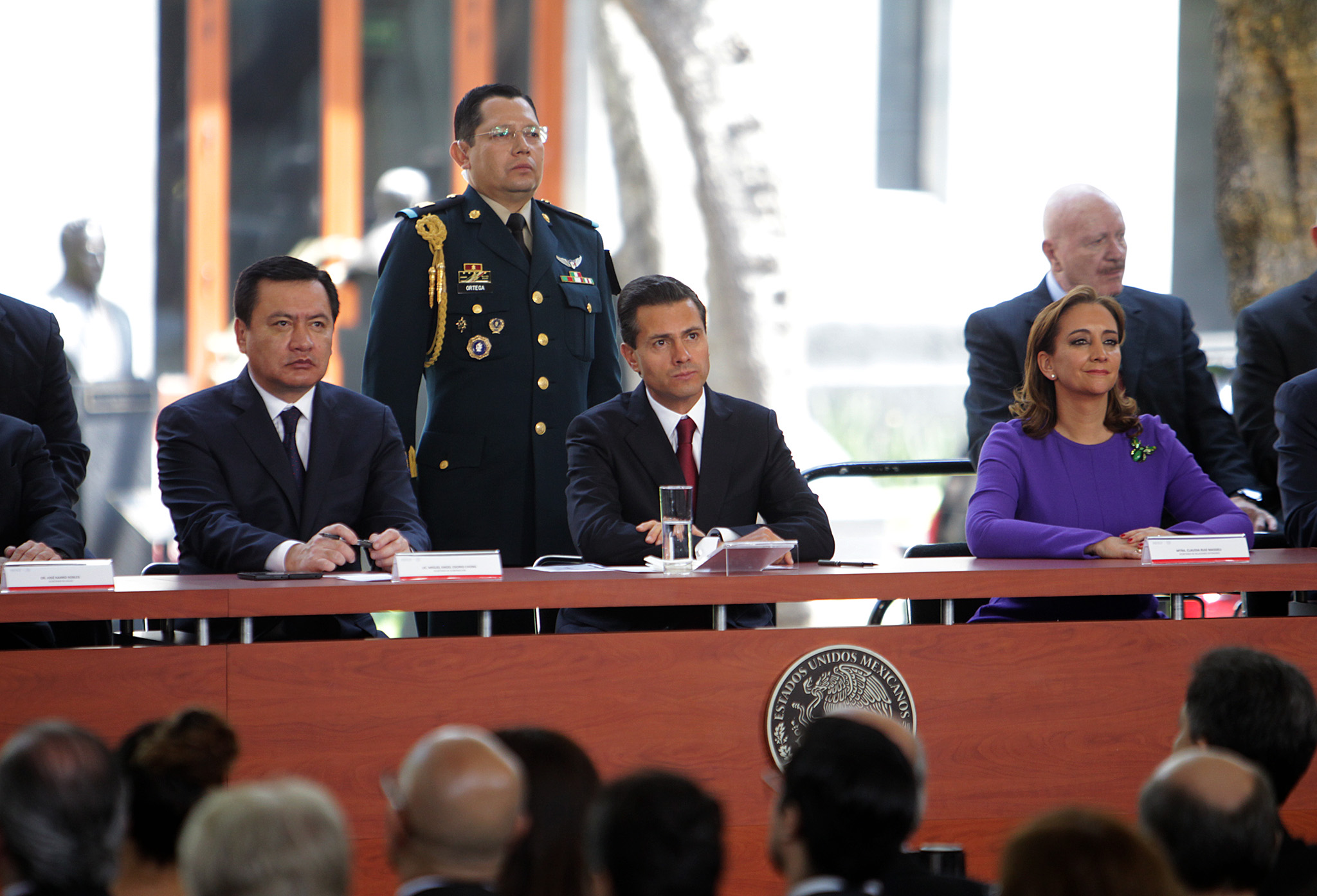On April 19, President Enrique Peña Nieto attended the 2016 United Nations General Assembly Special Session on the World Drug Problem 2016 in New York. The 2016 UNGASS, convened at the initiative of Mexico, Colombia and Guatemala, has been the highest-level discussion of the world drug problem in nearly twenty years.
As an actor with global responsibility, Mexico proposed the following to the international community:
1. Endorse the principle of common and shared responsibility for the world drug problem
2. Strengthen the common front against transnational organized crime; enhance cooperation between governments and expand the exchange of information
3. Greater coordination and collaboration among the specialized UN agencies
4. Align the public policies and actions related to international drug policy with the 2030 Agenda for Sustainable Development
5. Address the damage to society caused by the illicit drug market
6. Address the global drug issue from a human rights perspective
7. Address drug use as essentially a public health problem
8. Encourage proportional sentences and alternatives to imprisonment for drug-related crimes; incorporate a gender perspective
9. Coordinate international efforts to prevent drug use through campaigns aimed at children and youths
10. Ensure availability and better access to controlled substances for medical and scientific purposes while avoiding their misuse and trafficking.
President Peña Nieto has already presented the conclusions of the National Debate on Marijuana Use in Mexico to the Secretaries of Health, Interior and Foreign Affairs, experts, academics and civil society, and announced that he will send Congress an initiative to reform the General Law on Health and the Federal Criminal Code that includes the five positions that emerged from discussion:
• Address the issue of drugs in general and marijuana in particular from a human rights perspective
• Address marijuana use from a public health perspective
• Treat addictions through prevention and comprehensive therapeutic solutions without criminalizing consumers
• Strengthen actions to prevent drug use, including marijuana, especially through campaigns targeted at children and youths
• Facilitate access to controlled substances for therapeutic purposes and scientific research
